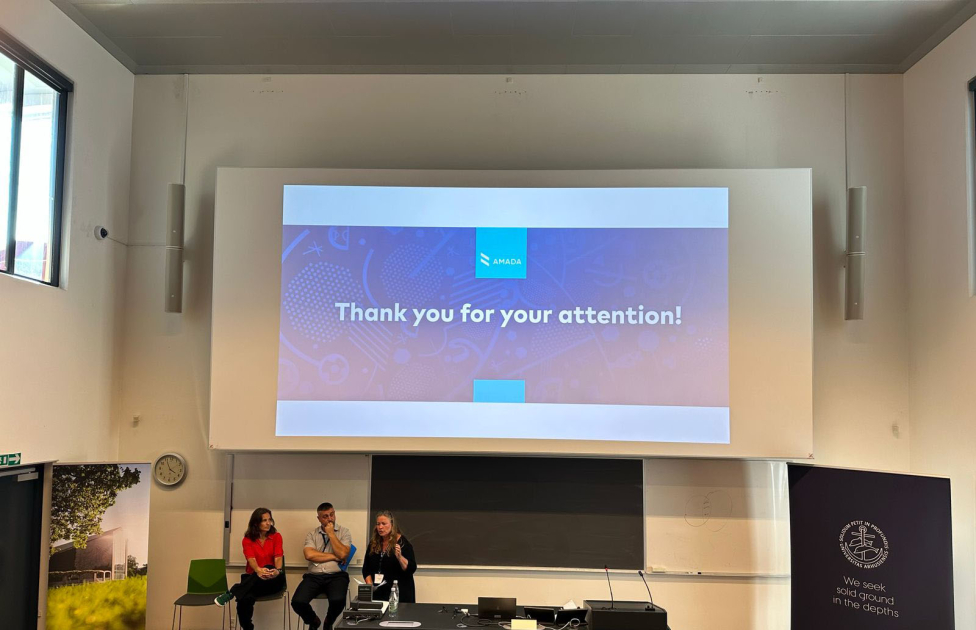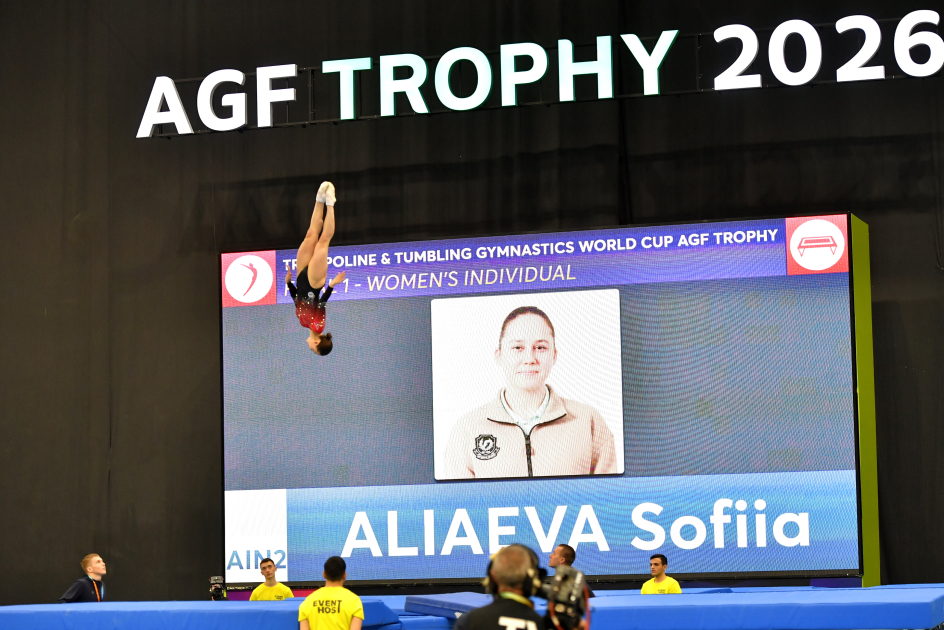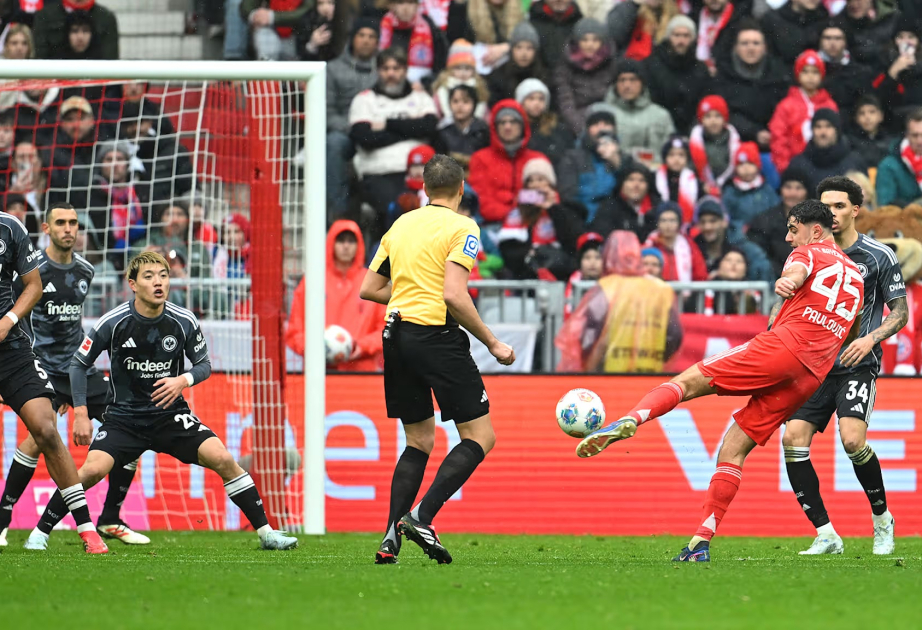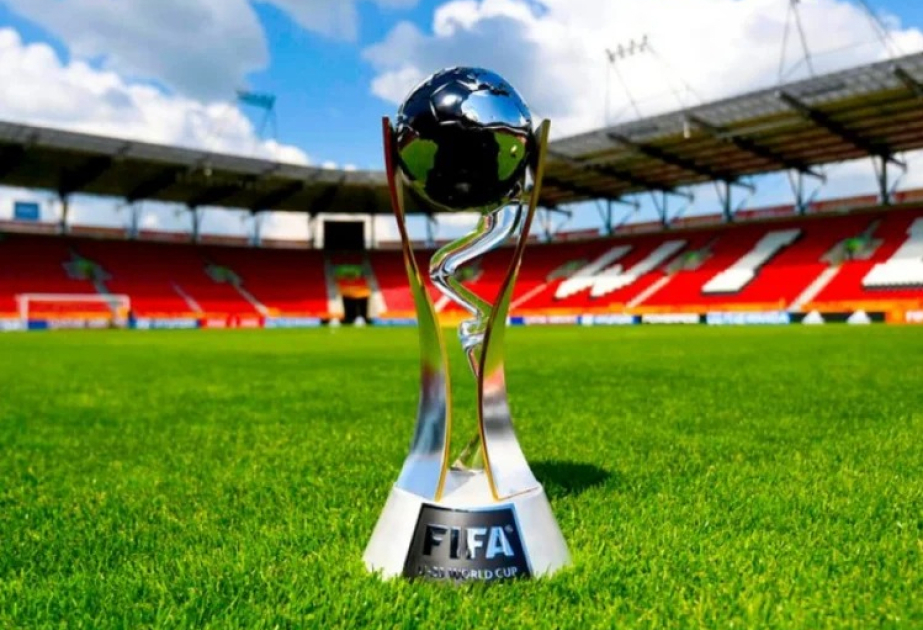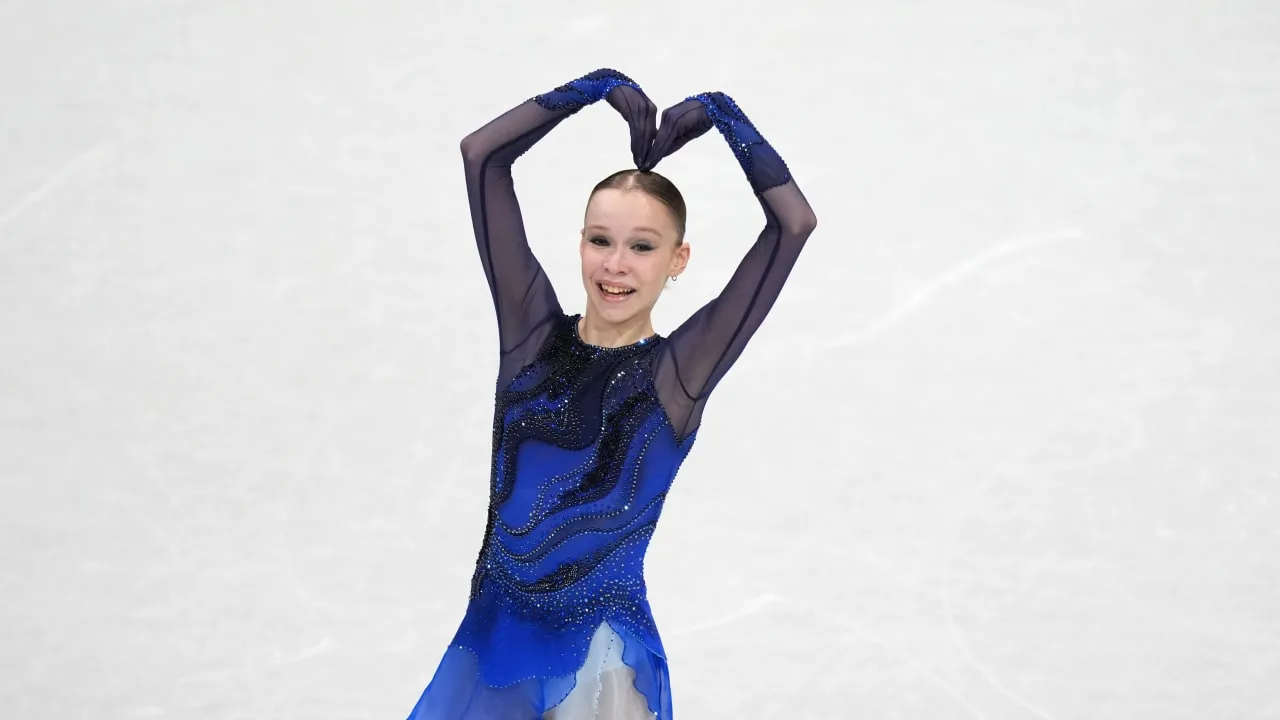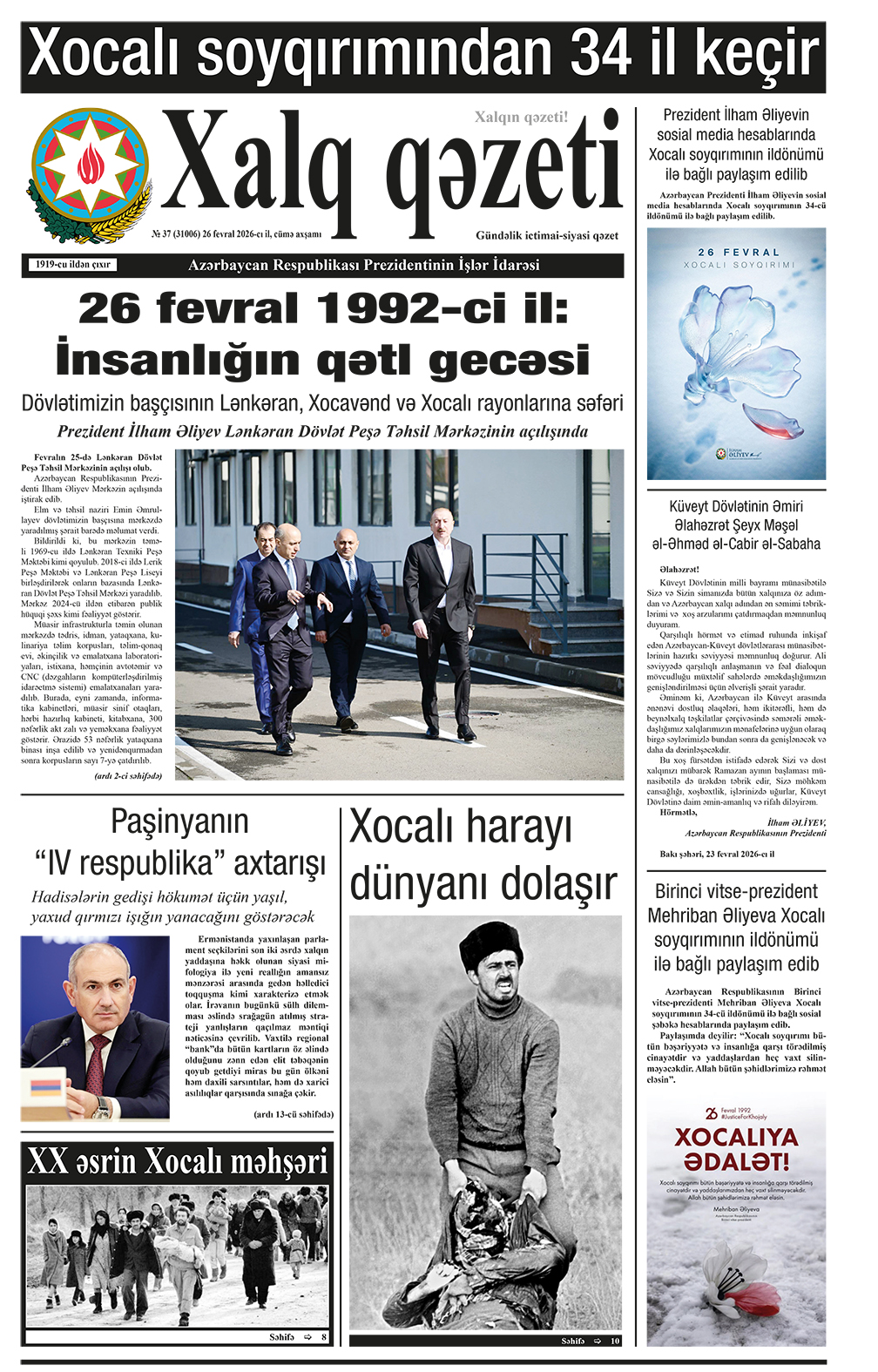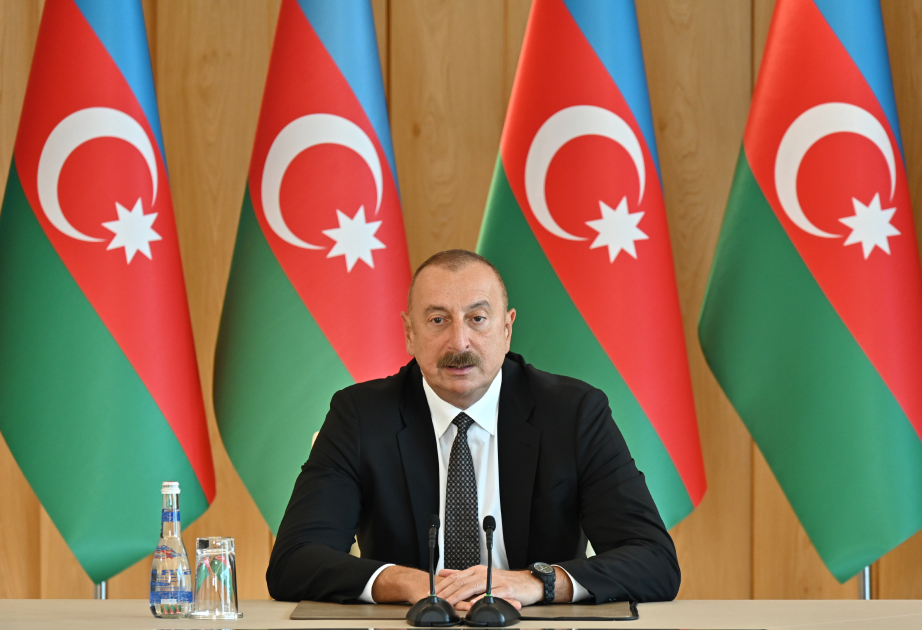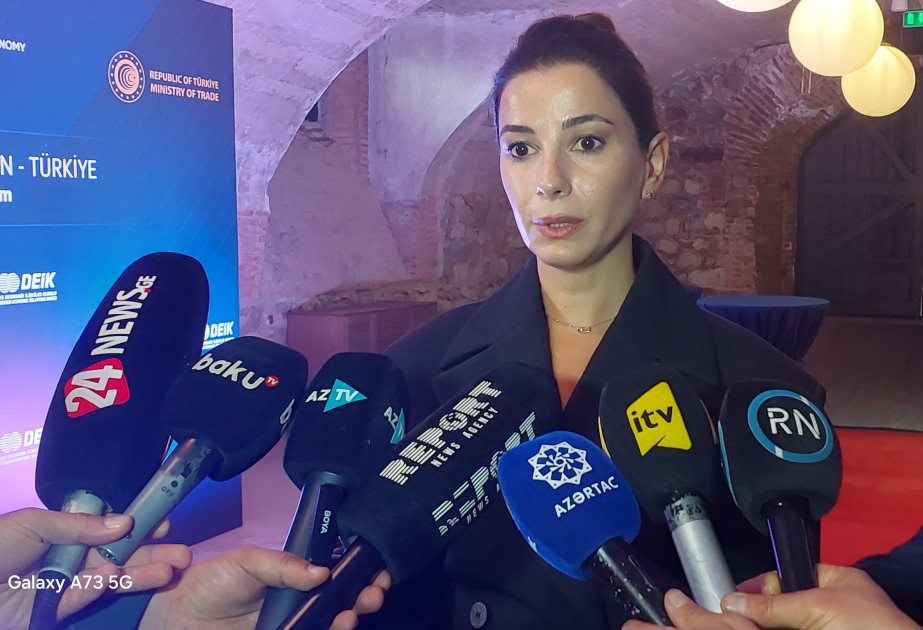Tahmina Taghi-zada, Chief Executive Officer of the Azerbaijan National Anti-Doping Agency (AMADA), along with Deputy Director Rufat Efendiyev, participated in the International Network for Doping Research (INDR) Conference at Aarhus University’s Institute of Sport Sciences in Denmark.
The conference, titled “Pushing Boundaries in Enhancement,” brought together leading experts and researchers from the global anti-doping community to address the evolving challenges in the fight against doping. Over the course of two days, attendees engaged in discussions on critical topics such as the rise of the digital doping ecosystem, the health risks of steroid use among young athletes, the controversial Enhanced Games initiative, and systemic issues surrounding the use of banned substances in sports.
A focal point of the conference was the session on “New Challenges to Anti-Doping,” which explored emerging threats and potential strategies to counteract them. Additionally, the event featured in-depth roundtable discussions on the importance of trust in the international anti-doping system and an analysis of athletes’ experiences with prohibited substances.
The issue of doping addiction and its far-reaching consequences was also high on the agenda. Rufat Efendiyev delivered a presentation titled “Overcoming the Boundaries of Substance Dependency: Bridging the Gap with Sports and Recovery,” in which he discussed the potential of integrating sports into rehabilitation programs for individuals grappling with substance abuse, including drug addiction.
On the sidelines of the conference, Tahmina Taghi-zada engaged in bilateral meetings with the heads of anti-doping agencies from Denmark, the Netherlands, and other countries. These discussions centered on the development of new research methodologies and the evaluation of anti-doping measures' effectiveness across different nations. Emphasizing the exchange of best practices and the need for stronger international cooperation, Taghi-zada highlighted the importance of tailoring scientific research to meet the evolving challenges within the sports sector. These interactions have laid the groundwork for enhanced collaboration and the establishment of more robust global mechanisms to combat doping in sport.


